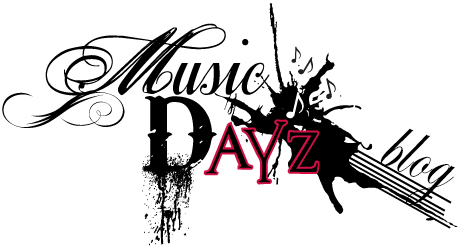Despite my ever-increasing years (or maybe because of them) I still occasionally get blinding realisations about stuff. Mostly it’s quite certainly stuff that other people have already realised, but such realisations feel new to me.
One of these came to me recently in the form of the country song She’s Got You, a 1962 hit for Patsy Cline, which I stumbled over on the net for reasons I have already forgotten.
I think one of the great self-delusions of my generation (the sixties teenage generation) was that deep, meaningful pop songs started with Bob Dylan. We used to agonise endlessly about what Dylan’s lyrics meant. Who was Mr. Tambourine Man really? Why was Queen Jane only Approximately? Why was Johnny mixing up ‘the medicine’ in the basement? It seemed to us that 60s singer-songwriters had broken through to new levels of significance and meaningfulness expressed via the medium of popular song.
In fact, most of the time, I suspect Bob was having us on. There would be a handful of genuinely interesting songs on each of his albums, plus a bunch of fillers, usually with entertainingly amusing stream of consciousness lyrics, recorded to enable Columbia to release an LP of around a dozen tracks, which consumers seemed to consider made them a good deal. Luckily, Bob’s consciousness was more interesting than most folks, so even his nonsense songs sounded memorable.
What my generation overlooked was that songwriters had been writing ‘meaningful’ songs since the dawn of time, and certainly since the dawn of the recorded music business. Most of these ‘meaningful’ songs turned up in folk music where they dealt with politics, religion, death etc rather than the in the ‘moon/june’ and ‘dance/romance’ type songs of pop.
Bob Dylan simply took the ‘meaningfulness’ of folk and injected some of it into pop.
Getting back to the point, She’s Got You, from 1962 is a great example of a song from the pre-Bob Dylan era which is rich in ‘hidden’ meaning. Like almost every popular song of those pre-Dylan days, it appears superficially to be a song about a woman with a broken heart which has been caused by a man who has left her for another woman.
The first verse opens with…
I’ve got your picture
That you gave to me
And it’s signed with love
Just like it used to be
The only thing different
The only thing new
I’ve got your picture
She’s got you.
But if you scratch around even a little bit, you’ll find that what songwriter Hank Cochran was actually saying was that people are more significant than things. It’s a profoundly anti-materialistic song. Thus, it’s also profoundly anti-American. It says consumer culture is meaningless, and investing faith in objects is pointless.
Much as I enjoy the BBC tv show The Repair Shop, in which expert craftspeople rejuvenate treasured objects which have fallen into a state of disrepair, the truth is that it’s the people, not the objects, which really matter.
The song’s second verse says …
I’ve got the records
That we used to share
And they still sound the same
As when you were here
The only thing different
The only thing new
I’ve got the records
She’s got you
To me, that’s a deep philosophical statement. We all love our records, of course we do, and they evoke powerful memories for us, but the truly important things in our lives are the people we share those lives with. If all the records in my collection vanished tomorrow, would it really matter? I’ll always have memories of how the most (by definition) memorable of those records sounded. But when a person is gone – not necessarily dead, just gone – the gulf is much more vast, its depths near impossible to plumb. In some ways, it might even feel worse if the person is gone but not dead.
The third verse spells it out …
I’ve got your class ring
That proved you cared
And it still looks the same
As when you gave it, dear
The only thing different
The only thing new
I’ve got these little things
She’s got you
Holy Toledo, Batman, isn’t is obvious that Cochran was saying the class ring never actually proved anything? It’s just a thing. And to end the verse with “I’ve got these little things” is agonising.
Just as a wonderful song like You Are My Sunshine, from way back in 1940, is almost invariably thought of as a happy little tune about everlasting love, when its lyric is plainly steeped in loneliness and the fear of loss, so She’s Got You masquerades as a just another song about a broken heart, because that’s what the market can sell, it’s also a much more profound musing on the real meaning of life.
